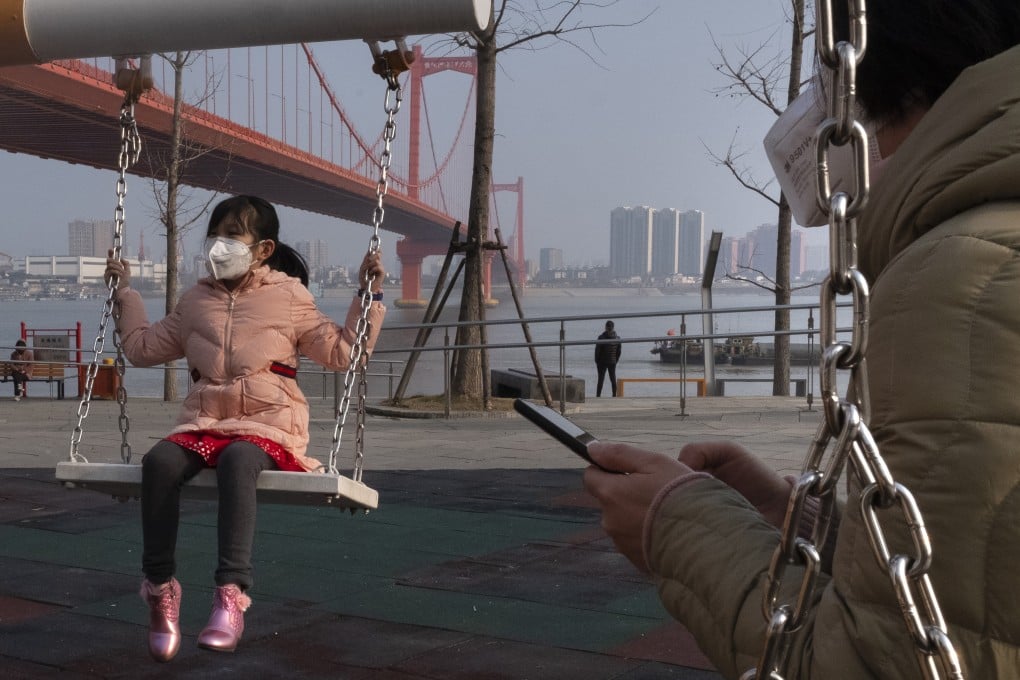China coronavirus: World Health Organisation again considers declaring global emergency after ‘deeply concerning’ cases
- Growing evidence of human-to-human transmission outside China
- New cases are forcing the WHO to re-evaluate last week’s decision not to declare a global health emergency

The World Health Organisation’s emergency committee will convene on Thursday to reconsider its decision not to declare a global public health emergency over the spread of the Wuhan coronavirus after “deeply concerning” new cases emerged, agency officials announced Wednesday.
The United Nations body said last week that it was “too early” to announce a public health emergency of international concern over the outbreak, citing lack of evidence of human-to-human transmission outside China.
But since then, at least six cases where the infected individual had not travelled to China had emerged, said Michael Ryan, executive director of the WHO’s health emergencies programme.
As of Wednesday, almost 7,200 people in mainland China are confirmed to have contracted the pneumonia-like illness, known as 2019-nCoV or the novel coronavirus, most of them coming from the contagion’s epicentre of Wuhan, capital of Hubei province. Dozens of international cases have been confirmed, mostly across Asia.
A further 37 deaths reported by Hubei authorities in the early hours of Thursday morning brought the death toll to 170. All those fatalities have occurred in China.

One of the recent cases of human-to-human transmission outside of China occurred in Germany, when a 33-year-old German man contracted the illness from a visiting Chinese colleague, who was asymptomatic during her time in Germany and only began to feel unwell just before she returned to China.